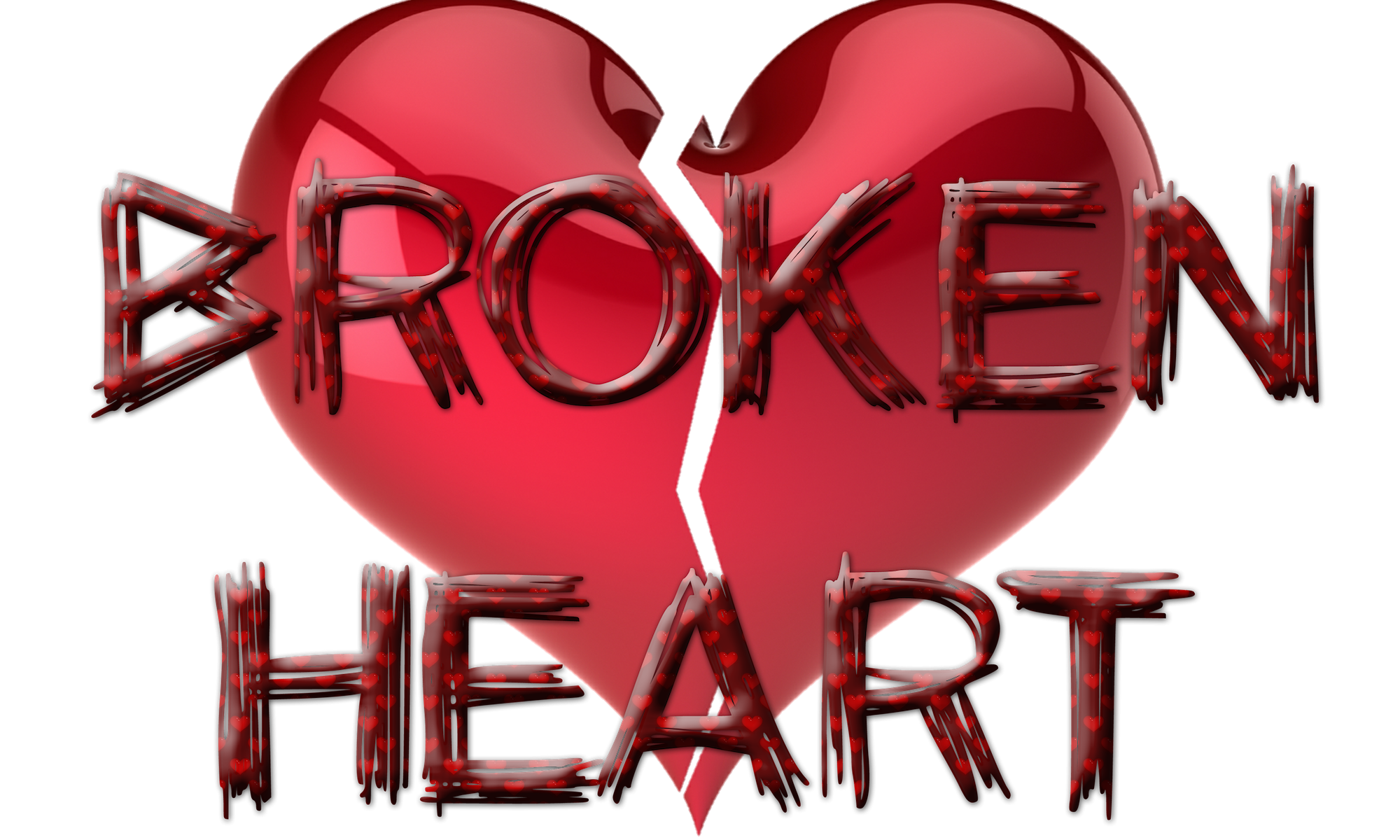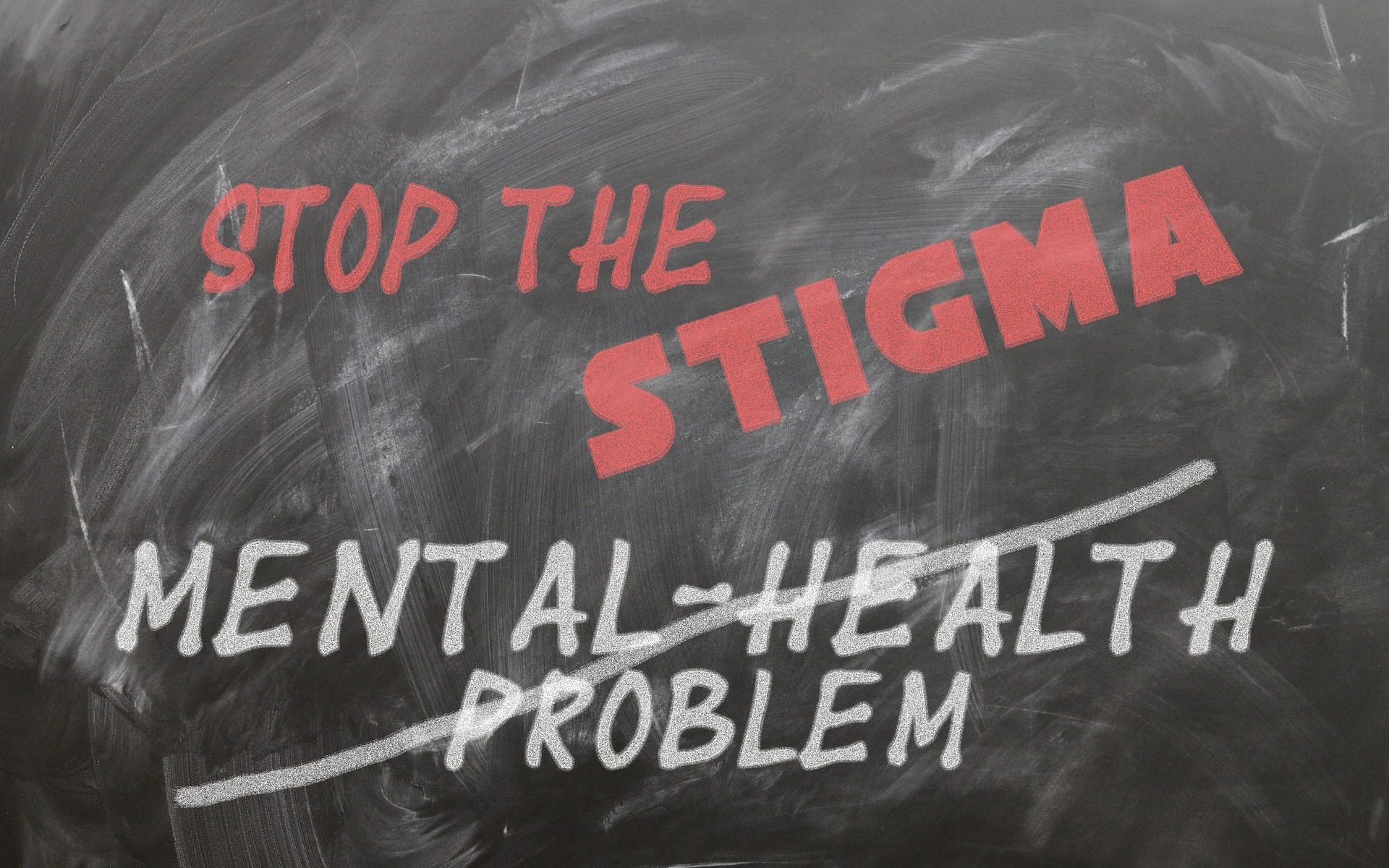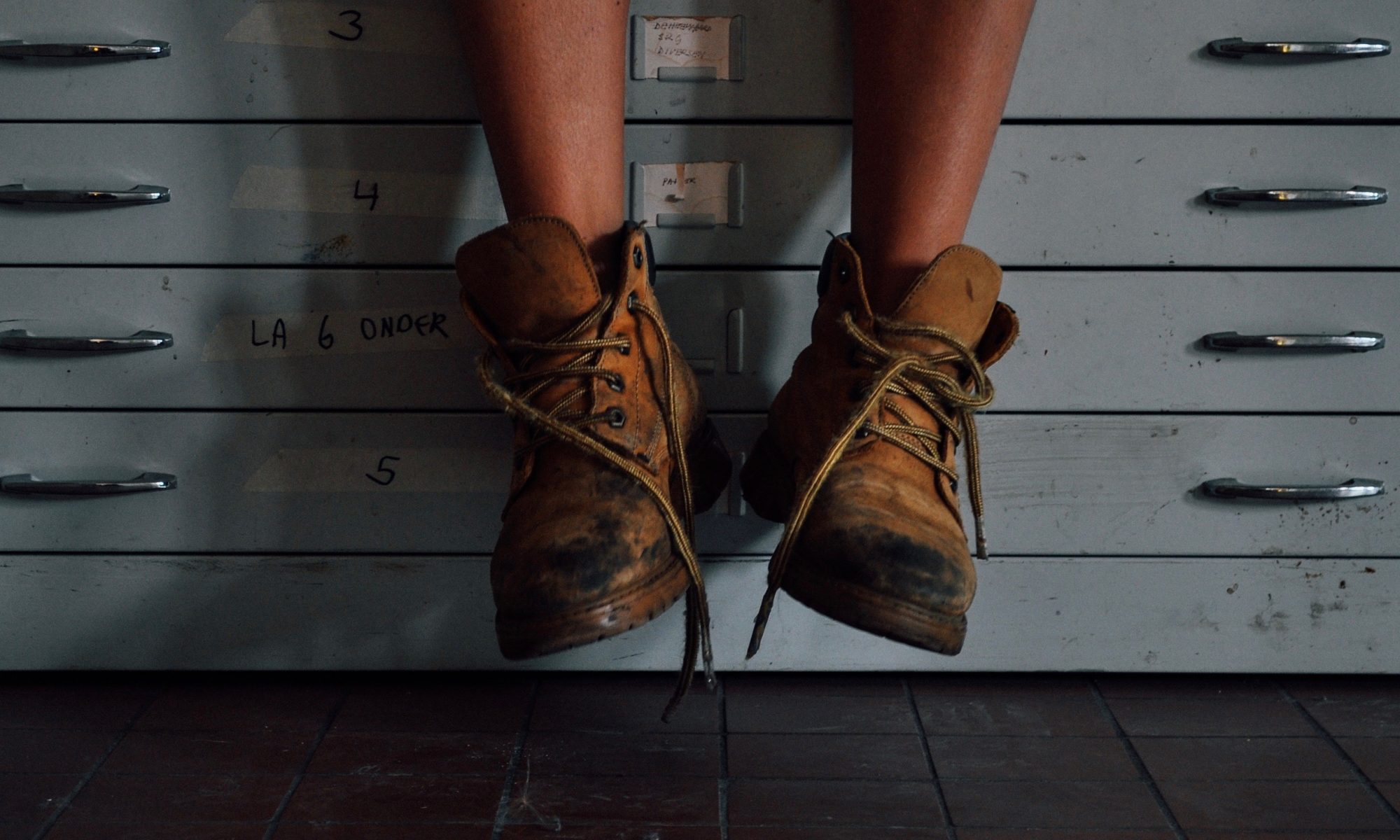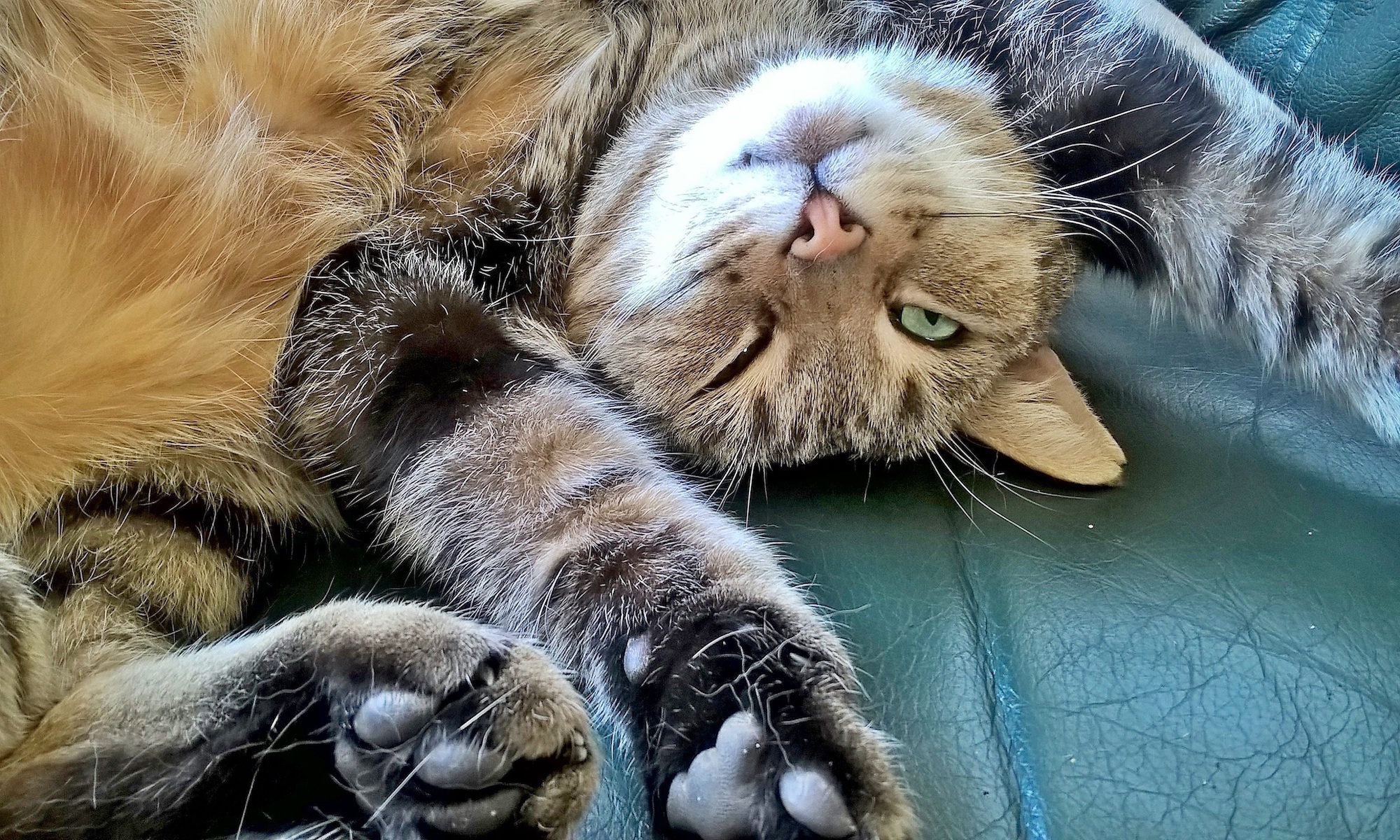This recent UK article caught my attention (it’s a good read). It talks about the fear that disabled and chronically ill workers face if they were to reveal their conditions to their employer. Penalties and job loss being two major ones. It also questions whether the pandemic has helped to change our mindset about this or whether our biases are too entrenched to implement changes that would better support the vulnerable. Which got me thinking. This is exactly the same for the bereaved. Are you keeping symptoms of your bereavement a secret from your employer to protect your job?
Continue reading “Are you keeping your bereavement a secret from your employer?”The peril of telling yourself I “have to” or “should” – how to break the cycle
How often do you catch yourself saying I “have to” or “I should do” this or that? You may not even be aware of how much you repeat this to yourself each day. Yet, telling yourself “I have to” or “I should” can be perilous to your mental and physical health.
When we have an opportunity to fill our spare time (yes, I can hear you laughing), the decisions we make based on what we are telling ourselves, may not be in our best interest. This is particularly true when we are recovering from loss. Living with a disability. Or, when we are trying valiantly to meet our own high standards or the expectations of others. The stress can be enormous!
Continue reading “The peril of telling yourself I “have to” or “should” – how to break the cycle”Science Proves “Broken Heart” Syndrome
Science has proven that we can (and do) die from a broken heart. The medical term is Takotsubo cardiomyopathy – a condition that affects the heart muscle, giving the left ventricle a distinctive shape. It causes the heart to balloon and weaken and contract abnormally. The symptoms appear rapidly and are similar to those of a heart attack (shortness of breath, chest pain, arrhythmia). They are brought on by shock, stress or an emotional event, such as loss and bereavement. While broken heart syndrome can be temporary, with the heart muscle able to recover over days, weeks or months, for some who have the condition, there can be complications and even death. Broken heart syndrome affects around 2,500 people in the UK each year (I’ll add here of those that seek medical attention and receive the diagnosis – many grievers don’t go for medical help or attribute physical illness to grief). Numbers elsewhere in the world are unclear in accordance with the somewhat limited information available on the internet.
Your Rights in Grief
I know that grief is a difficult topic and we don’t discuss it much in the open. Yet, there isn’t one person not affected by grief in some way. What’s so sad and even shameful in western culture (or any other culture perpetuating this shame and secrecy) is that we aren’t allowed to show our sadness from loss in public. At least not comfortably. Ever! And that needs to change. Because it isn’t only sadness we feel in grief. It’s a host of other emotions and difficulties we experience that can and do end up ruining people’s relationships, careers, finances and even families.
PTSD IN GRIEF
In 2005, I lost my twenty-two-year-old daughter to suicide. I was diagnosed in 2014 with PTSD as a result of that trauma. Though I suspected I may have PTSD as far back as 2007, this remained only a suspicion until my medical diagnosis. Up to that point, I didn’t understand the toll that PTSD was taking on my body. The diagnosis brought me incredible relief and was a critical turning point in my grief that led me to make the most positive changes I’ve been able to in my healing so far.
HOW DO YOU KNOW IF YOU HAVE PTSD?
Getting Grounded in Grief
As a bereaved mom of a beautiful daughter who died by suicide in 2005 at the age of twenty-two, I certainly know pain and suffering. Just like a lot of other people know pain and suffering who have lost someone to suicide, sudden and/or traumatic death. I have done a lot of work to heal from my pain over the years and have had tremendous success to this point, but it’s an ongoing journey.
Understanding Limitations in Grief
From a purely physical perspective, I dislike the word “limitation”. It goes against every spiritual cell in my body. From the spiritual perspective, we are all perfect. Pain is an illusion. But as physical beings too, we experience a host of issues that seem totally contrary to one’s spiritual essence.
Until recently, I had a really hard time coming to terms with my obvious limitations that began immediately following my daughter’s suicide in 2005 and grew increasingly disruptive to my life over the years. Because we hear the phrase “return to normal” all the time after tragic loss and are conditioned to believe this is the best remedy to overcome grief, a great many limitations – both physical and mental – arise from any griever striving to reach a sense of “normalcy” again that is simply not possible. Especially for those dealing with complicated grief. Continue reading “Understanding Limitations in Grief”
Kindness in Grief
Being kind and respectful to one another. Wow, what a concept. In general, we have a really difficult time with this. In grief, both are painfully absent in many relationships, but this is most obvious in the intimate ones we share with a partner or other close family member. There are a host of reasons for this, but mainly, because no one in a partnership or other family relationship experiences the many symptoms of grief in the same way or time, conflict between loved ones is never far away. Striving for personal balance in all things can seem like an endless search and struggle. It can feel like there’s always something out of whack.
Your Health – Environment is Everything
I just moved into the condo of my aspirations. I won’t say dreams, but I will say the aspiration I had for the past two years to live in a condo with an ocean view in the city I have come to love on Vancouver Island. My husband and I moved to the island in 2016, but to a city that wasn’t on our radar. But by a force of nature that I couldn’t compete with, and despite not understanding the reasons for the events that occurred to bring us where we are today, I now understand it all and couldn’t be any happier or feel more at peace. Which says a lot, speaking as a bereaved mom who has not felt at total peace for years.
Continue reading “Your Health – Environment is Everything”The Good Griever’s Journey – Part 2
So, you are a griever. Possibly laid flat on the floor by whatever loss brought you to your grief. Hold up! There’s help, even if it doesn’t feel like it today.
The first thing I did when I became bereaved was connect with other bereaved parents. I joined the Compassionate Friends support group (bereaved parents click links for information about support in the USA and Canada), sought out books, online communities and any other resource I could think of. There were few available. I was grateful for what I did find, but other than reassuring me I was not the only parent who had lost a child and that the pain I was struggling with was felt by all bereaved parents, I felt alone and lost. There was nothing to guide me to the healing I desperately wanted. Until, that is, I turned to the world of angels.










